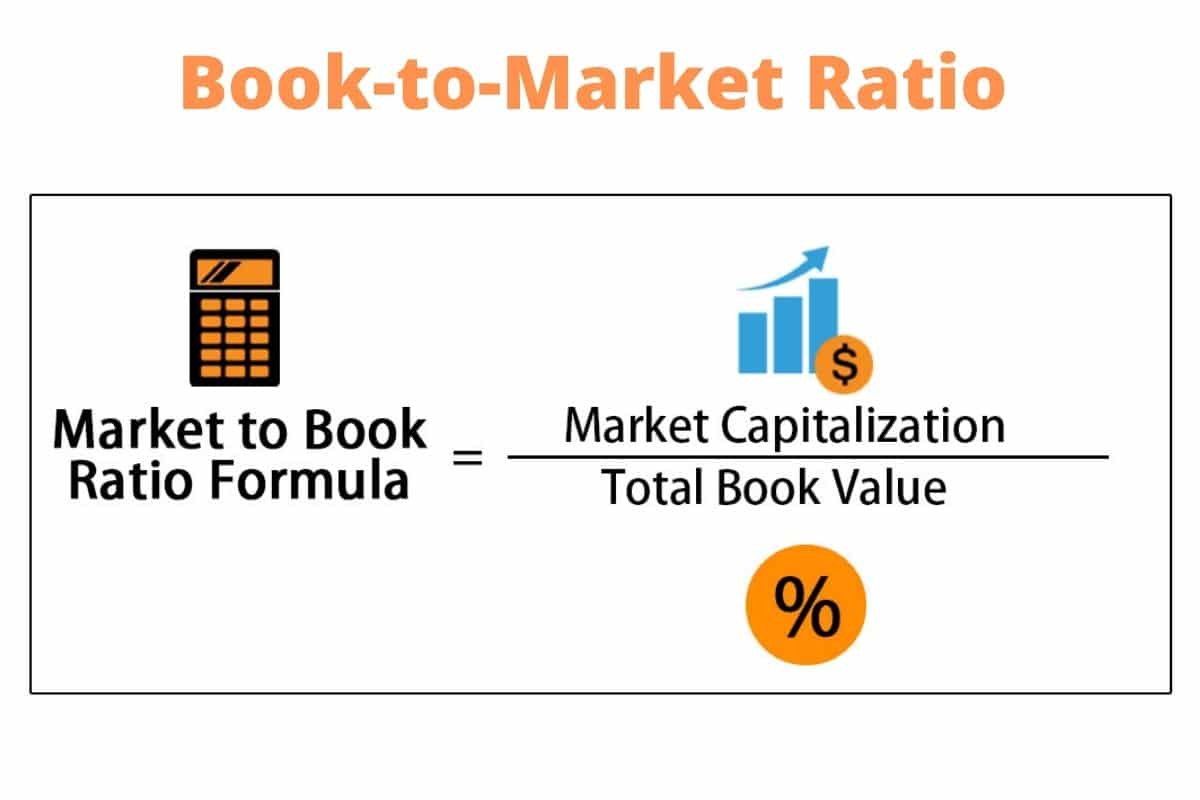What Exactly is an ECN (Electronic Communication Network)?
It is a computerized system that automatically matches buy and sell orders for securities in the market. Basically, when investors from different parts of the world want to make a secure transaction without the need of a third party, ECN (Electronic Communication Network) trading comes in handy. In simple terms, an ECN allows brokerages and clients in different geographic locations to trade without the involvement of a third party, providing investors with privacy.
Electronic Communication Network (ECN): An Overview
ECNs link big brokerages with individual traders. It basically affords them the luxury of trading directly with one another without the need for a middleman. They also allow investors in different parts of the world to trade with one another fast and easily. However, to operate without restrictions, ECNs often need to register as broker-dealers with the Securities and Exchange Commission (SEC) in the United States.
Furthermore, ECNs use computer-based systems to automatically match and execute orders by displaying the best available bid and ask prices from various market participants. They are very useful for after-hours trading and foreign currency trading as well as for trading on major exchanges during market hours. Also, automated trading, passive order matching, and quick execution are all possible with ECNs.
An ECN generates revenue by charging a fee for each transaction to meet financial obligations. It also ranks as one of the best alternative trading systems (ATS), according to SEC.
It aims to eliminate the involvement of a third party in executing orders entered by an exchange market maker or an over-the-counter (OTC) market maker. This allows the execution of such wholly or partially. Also, ECNs are essentially useful for placing limit orders. The practice is particularly important for safely trading after hours due to the fluctuating influence it can have on a stock’s price.
Read Also: PAY EQUITY: Importance of Pay Equity Policy
Electronic Communication Networks (ECN): Benefits and Drawbacks
The usage of the ECN allows investors to trade outside of standard trading hours. This offers an alternative for those who are unable to participate actively during regular market hours or want the flexibility a greater liquidity provides. It also avoids the bigger spreads that come with traditional brokers, as well as cheaper commissions and costs overall. The ECN can further provide anonymity to people who desire it, especially for those who worry about privacy. To a large extent, this is often appealing to investors looking to make larger deals.
On the other hand, one of the most significant disadvantages of employing an ECN is the cost of managing it. For the most part, fees for access and commissions are always expensive and difficult to avoid. For example, per-trade commissions can be expensive and have a negative impact on your bottom line and profitability.
Another downside of using ECNs is that its interface is less user-friendly than traditional brokers’ platforms. However, the lack of integrated charts and data on traditional brokers’ interfaces may make it difficult for new investors to get started.
Finally, greater spreads make calculating break-even and stop-loss settings more difficult for some investors.
Particular Points to Consider
Matching systems and call markets, in addition to ECNs, are examples of alternative trading systems. Orders are received by matching systems, which then route the activity through a matching engine. Here there’s a comparison between the prices and the current resting limit orders. If no match is found, the order is immediately entered as a quote in the book.
Basically, call markets allow orders one at a time. This goes hand in hand with establishing the buying and selling prices after the placement of order on the basis of exchange activity.
Examples of ECNs
Instinet, SelectNet, and NYSE Arca are some of the different ECNs. Instinet, the first ECN, is often the first choice for small brokerage firms and for inter-institutional trades. It is widely used by market makers for NASDAQ trading, although it can also be used by individuals and small businesses.
SelectNet is often a viable option by market makers. It allows investors to trade with certain market makers without requiring quick order execution. The New York Stock Exchange (NYSE) and Archipelago, an early ECN founded in 1996, merged to form NYSE Arca. It makes electronic stock trading on major US exchanges like the NYSE and NASDAQ possible.
Certain Forex brokers are designated as ECN brokers in the foreign exchange markets. This allows them to facilitate currency trades through electronic matching networks.
Market Markers vs. ECNs
Market makers are high-volume traders who literally “create a market” for securities. They achieve this by being ready to purchase or sell at any time. Market makers, unlike ECNs, profit on the bid-ask spread rather than commissions and fees. They aid the market by enhancing liquidity, comparable to ECNs.
Market makers use their systems to set both the bid and ask prices, which they then post publicly on their quote screens. However, due to the fact that market makers profit from the spread; the spread is often kept lower than what investors can find in ECNs.
It would take a lot longer for buyers and sellers to be matched if market makers and ECNs didn't exist. This would restrict liquidity, making it more difficult to enter or exit positions while also increasing trading costs and risks.
The Benefits of Trading with an ECN Broker
Using an ECN broker has a number of benefits. In fact, many traders are looking forward to using ECN brokers, and for good reason. ECN brokers provide a number of significant advantages that may allow them to outperform their competitors. Here are a few of the most important benefits o
#1. Confidentiality, Anonymity, and Privacy
When it comes to traditional Forex trading, you are frequently an open book. However, if you choose to work with an ECN broker, you must prioritize anonymity and privacy. The fact that the broker would only work as a market middleman rather than a market maker explains the high level of confidentiality and secrecy.
#2. Variable Spreads
Through an ECN agent and a dedicated account, traders have unrestricted access to market pricing. And because prices fluctuate on the basis of supply, demand, instability, and other market conditions, trading on very low bid/offer spreads is possible with the right ECN broker.
#3. Trade Execution in Real Time
This is a trait that Forex traders cannot afford to overlook. ECN brokers ensure that efficient trade performance is guaranteed at all times. This method of trading does not require the client to trade with the broker; instead, it uses the broker’s network to make orders. This unique strategy allows everyone to benefit from enhanced trade execution.
#4. Liquidity and Customer Access
ECN agents work on the basis of a model that allows everyone to trade within an international liquidity pool of viable, regulated, and competent financial institutions. Transparency is another significant feature of an ECN broker, because of how connected information is transmitted.
Owing to the fact that all ECN agents have access to the same market data and trade, fundamental market prices from a variety of liquidity providers are guaranteed to be transparent.
#5. Consistency in Trade
Trading consistency is one of the key advantages of using an ECN broker and a linked Forex trading account. Because of the nature of Forex trading, a break isn’t required, and it almost never occurs between trades. When you use an ECN broker, you can trade during events and news with confidence, knowing that there will be a steady flow of activity. This also means that any trader can profit from the fluctuation in Forex prices.
ECN Trading Fees: How Are They Calculated?
Fees for electronic communication networks (ECNs) are charged per trade, usually in fractions of a cent. Also, or matching buyers and sellers who trade on their exchanges and networks, ECNs charge a service fee.
How can I get started with an ECN trading account?
Simply start an account with one of the many ECN trading platforms that best suit your needs to open an ECN trading account. Some of the most prominent platforms include GO Markets, PP Markets, Exness, and XM.
What Is the Difference Between Straight-Through Processing (STP) and Electronic Communication Network (ECN)?
Unlike ECNs, which provide liquidity by connecting investors with a variety of parties—whether brokers or other retail investors—in order to complete a trade, STP brokers are automated brokers that allow traders to bypass the middle man, but only through a limited number of liquidity providers.
What ECN Means?
ECN stands for “electronic communication network.” It is a part of trading that is done automatically and connects traders to liquidity providers like banks, brokerages, and even other traders.
What Are the Benefits of Ecn Trading?
Because an ECN matches trader orders with the best buy and sell prices from all forex market participants right away, bid-ask spreads tend to be smaller.
TAKEAWAYS IMPORTANT
- An electronic communication network (ECN) is a digital system that connects buyers and sellers in the financial markets who want to trade securities.
- ECNs afford investors the luxury of reacting to or speculating after-hours news by allowing trading to take place outside of typical trading hours.
- One disadvantage of using ECNs is that they charge access fees and commissions, which can increase the overall cost of use.
- Without ECNs, matching buyers and sellers would take much longer, making it more difficult to initiate and exit positions while also increasing the costs and hazards of trading.






